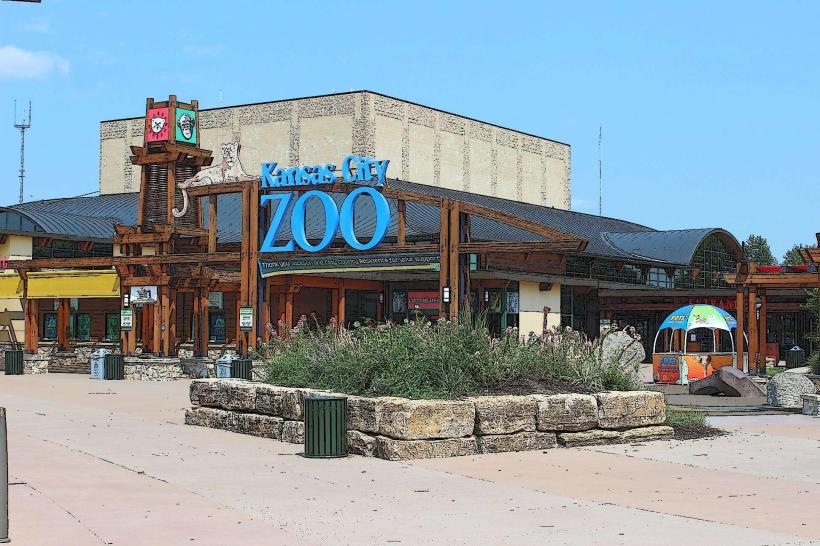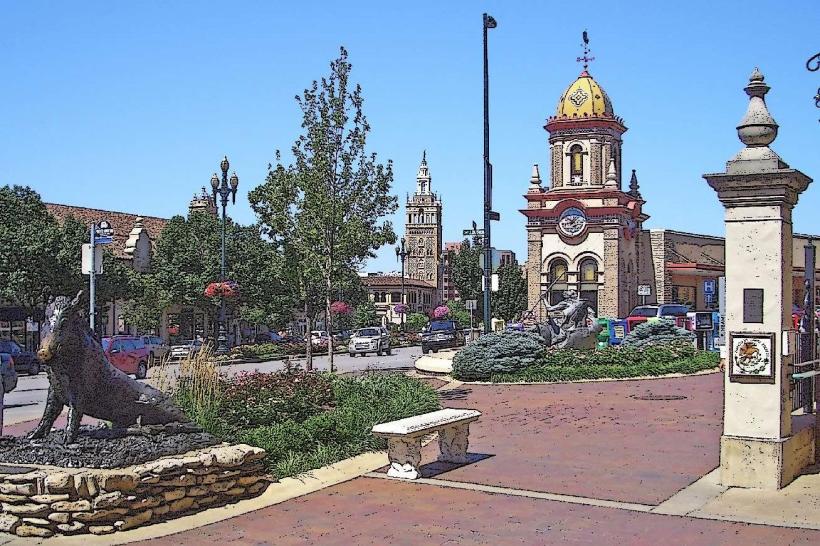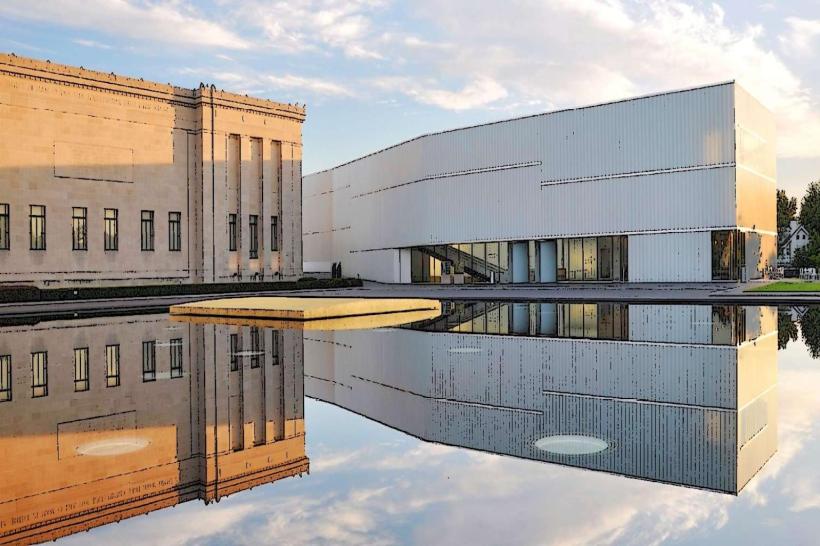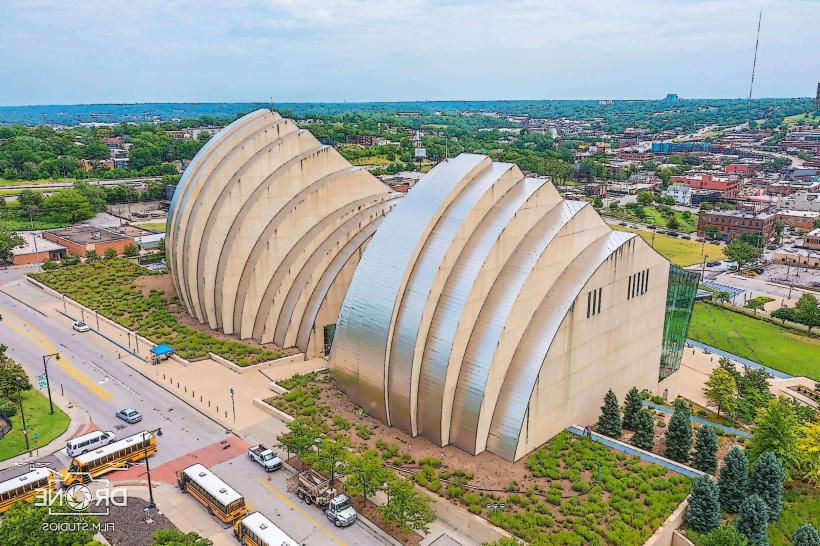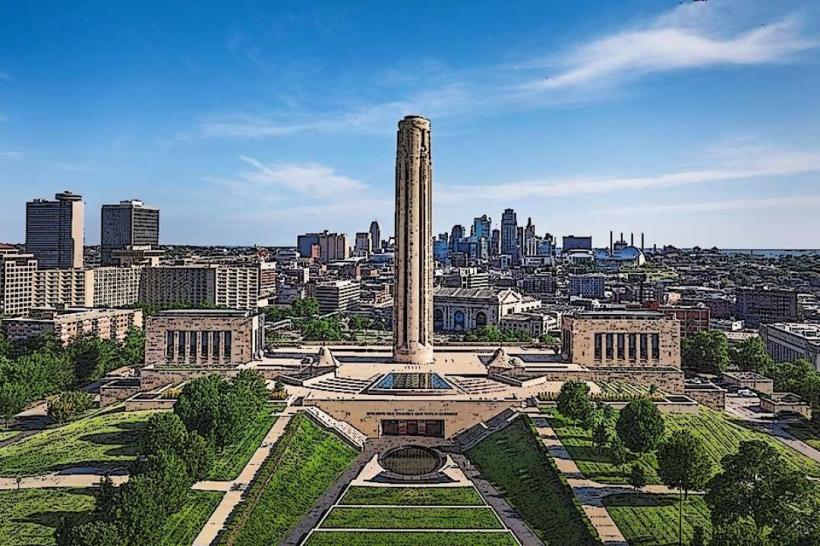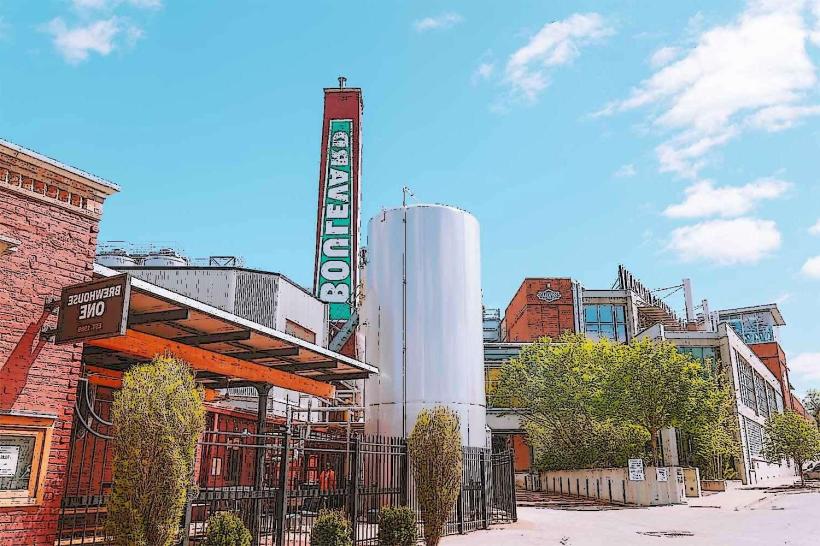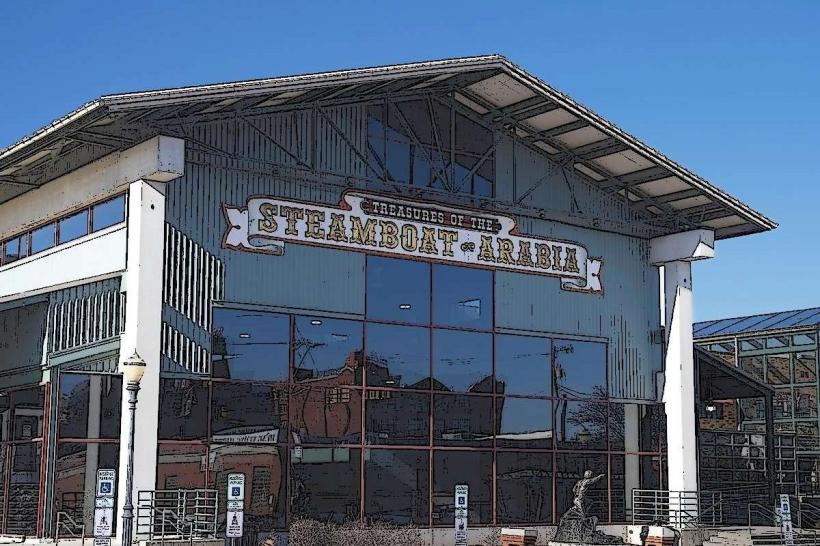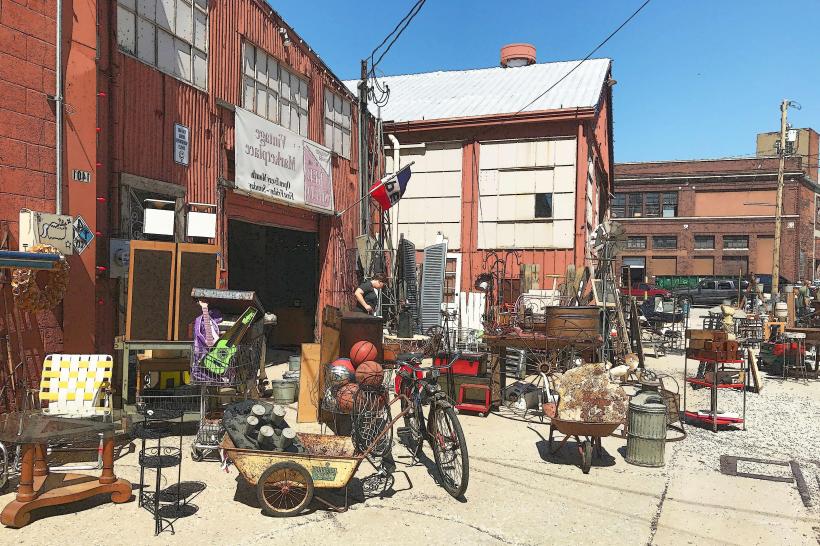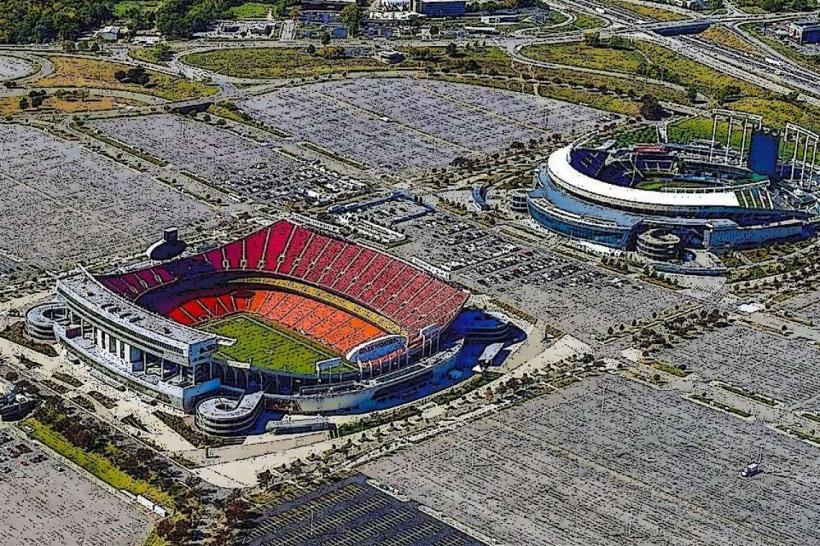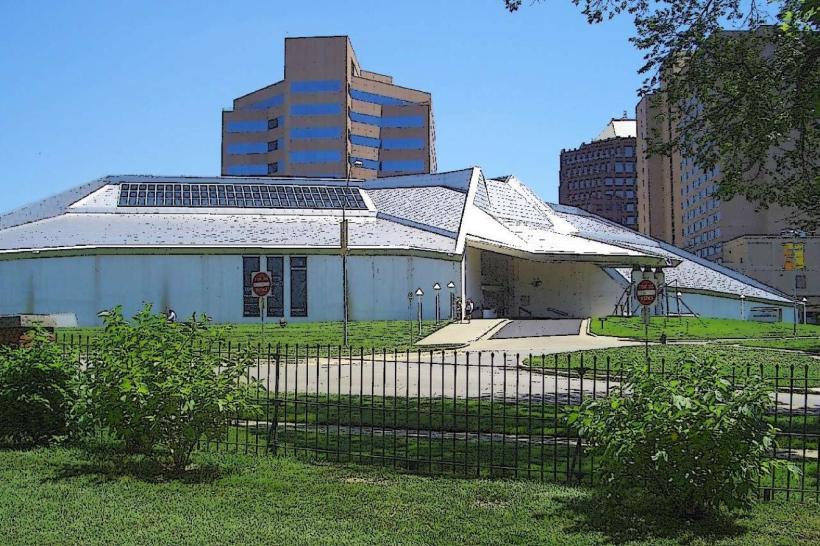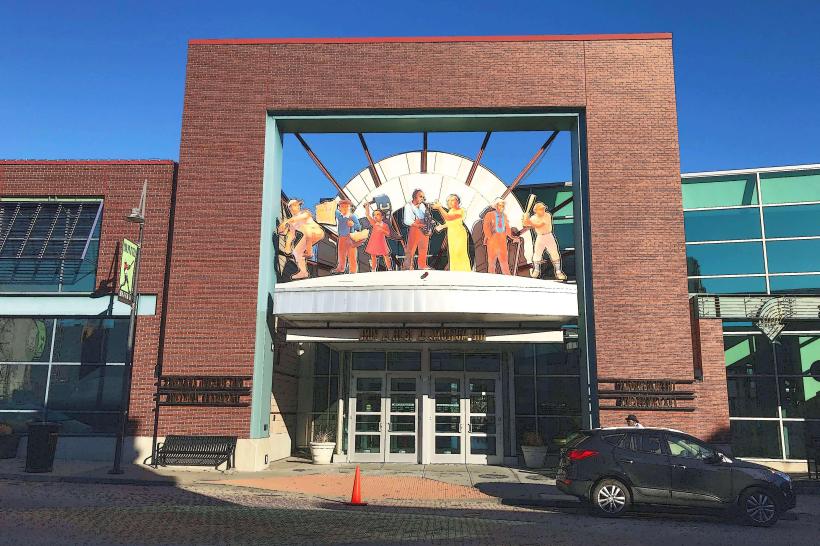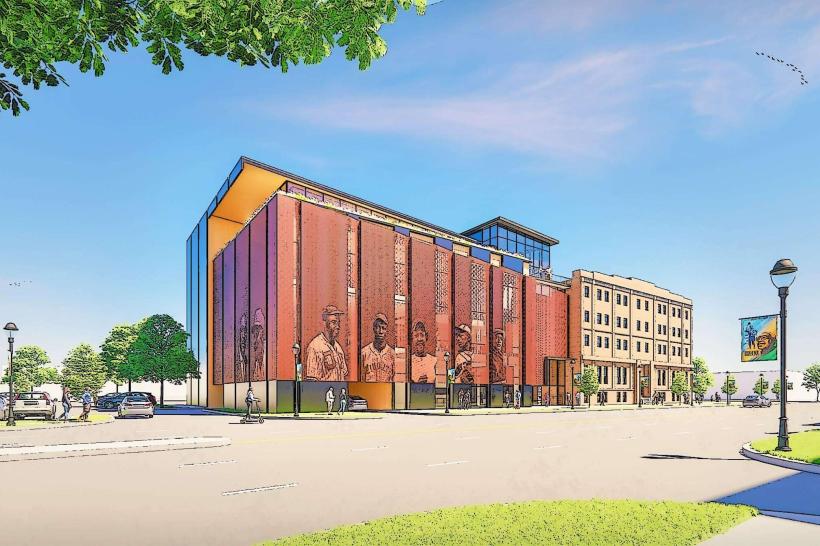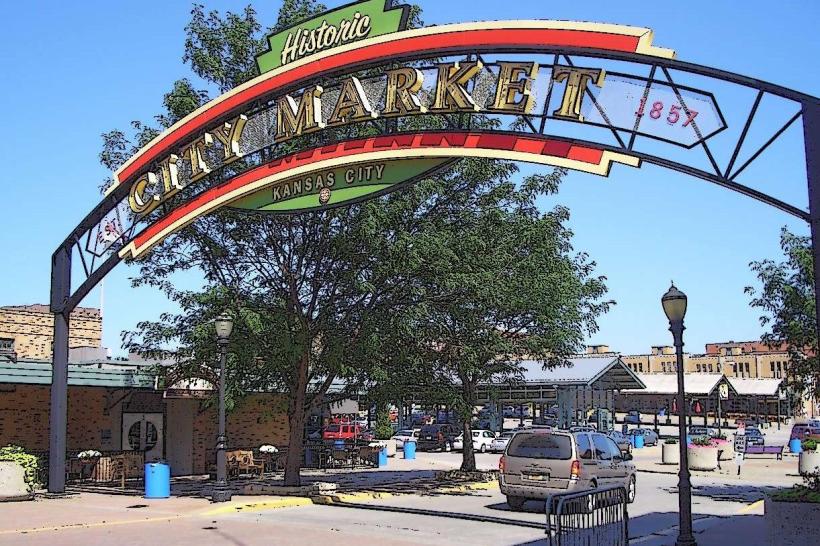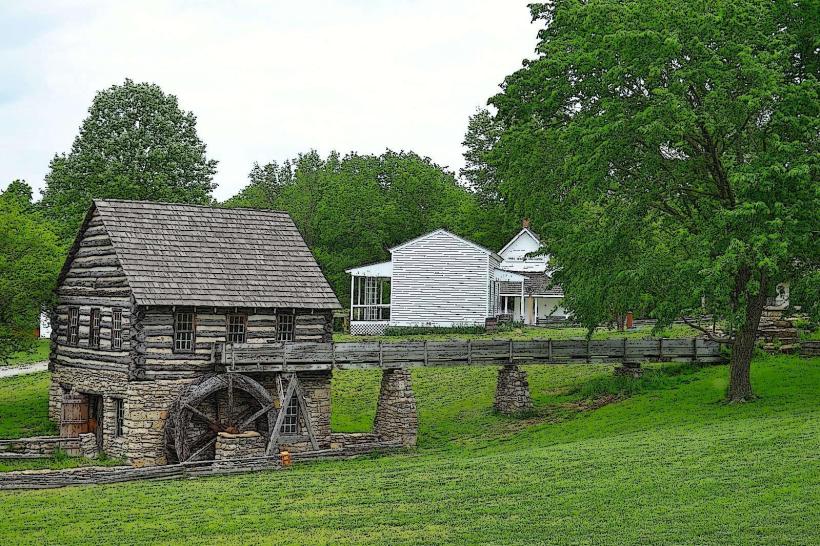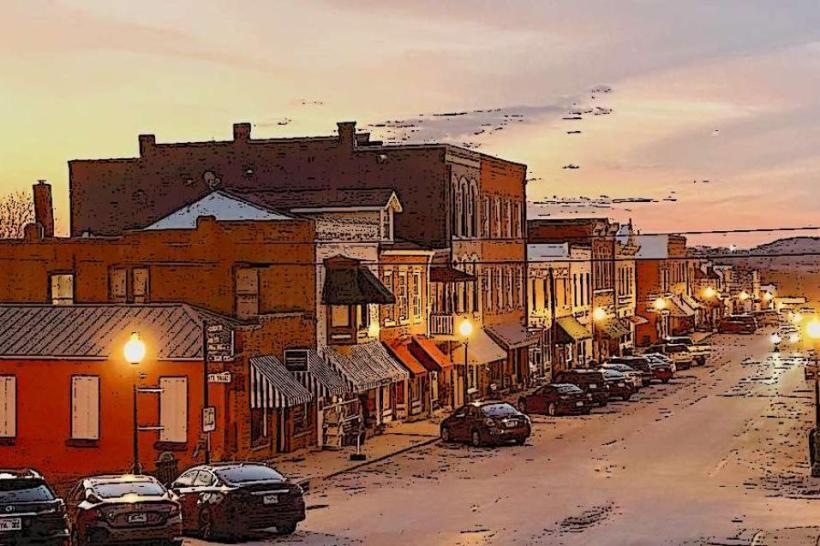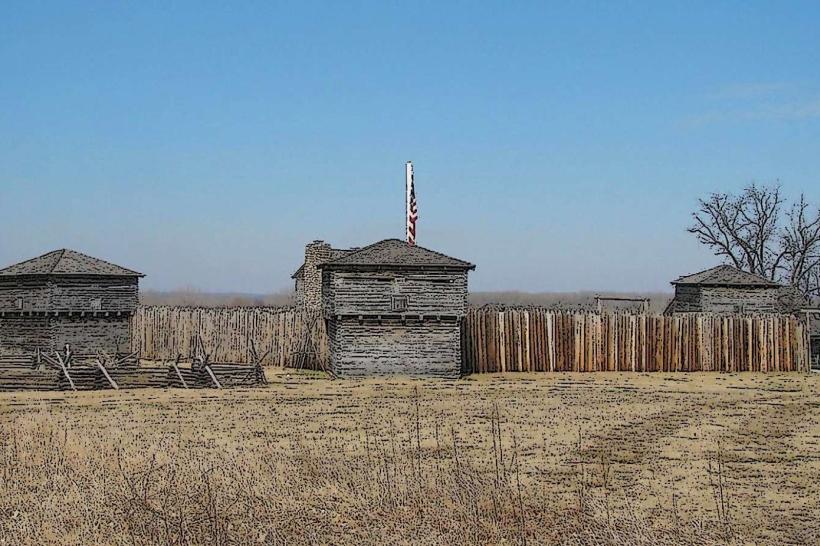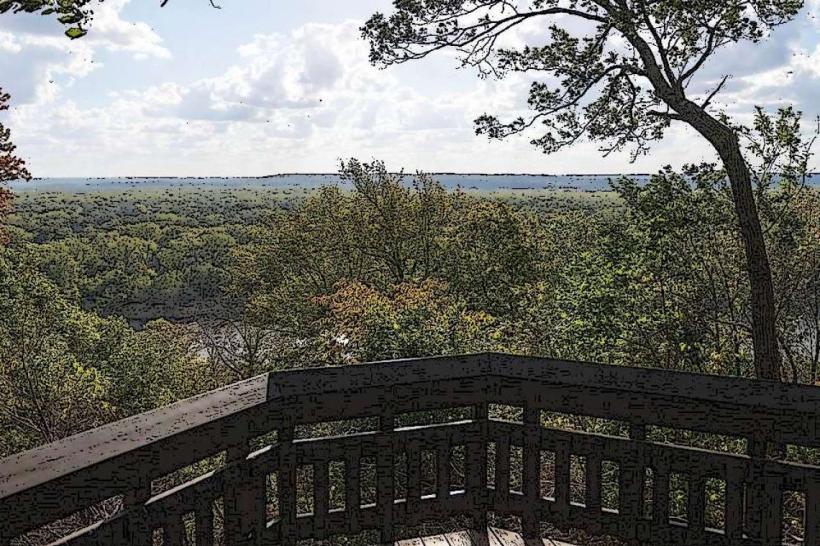Information
Landmark: Missouri Riverfront TrailCity: Kansas City
Country: USA Missouri
Continent: North America
Missouri Riverfront Trail, Kansas City, USA Missouri, North America
The Berkshire Museum is an art and natural history museum located in Pittsfield, Massachusetts.
Visual Characteristics
The museum building is constructed primarily of granite and brick. It features a Neoclassical architectural style with a prominent portico. The main structure is approximately three stories high.
Location & Access Logistics
The Berkshire Museum is situated at 39 South Street in downtown Pittsfield, Massachusetts. It is approximately 0.5km south of the city center. Parking is available in a dedicated lot behind the museum and in nearby municipal garages. The Berkshire Regional Transit Authority (BRTA) operates several bus routes that stop within a short walking distance of the museum on South Street and North Street.
Historical & Ecological Origin
The Berkshire Museum was founded in 1903 by Zenas Crane. The original building was designed by the architectural firm of McKim, Mead & White. Its initial purpose was to house a collection of art, natural history specimens, and historical artifacts for the benefit of the community.
Key Highlights & Activities
Visitors can view a diverse collection of fine art, including works by American and European masters. The natural history exhibits feature local flora and fauna, as well as geological specimens. The museum also houses historical artifacts related to the Berkshire region. Educational programs and special exhibitions are regularly scheduled.
Infrastructure & Amenities
Restrooms are available on-site. Limited seating is provided within exhibition areas. Cell phone signal (4G/5G) is generally available within the museum. Food and beverage options are not available within the museum itself, but several restaurants and cafes are located nearby on South Street.
Best Time to Visit
The museum is open year-round. Weekday mornings generally offer fewer crowds. Specific lighting conditions for photography are not a primary consideration due to indoor exhibits. No tide or seasonal weather restrictions apply.
Facts & Legends
The museum's collection includes a taxidermied circus elephant named "Old Prince," which was once part of the Ringling Bros. and Barnum & Bailey Circus. A specific visitor tip is to check the museum's schedule for rotating special exhibitions, which often feature unique and temporary displays.
Nearby Landmarks
- The Colonial Theatre, 0.2km North
- Berkshire Athenaeum, 0.3km North
- Pittsfield City Hall, 0.4km North
- The Common, 0.5km North

